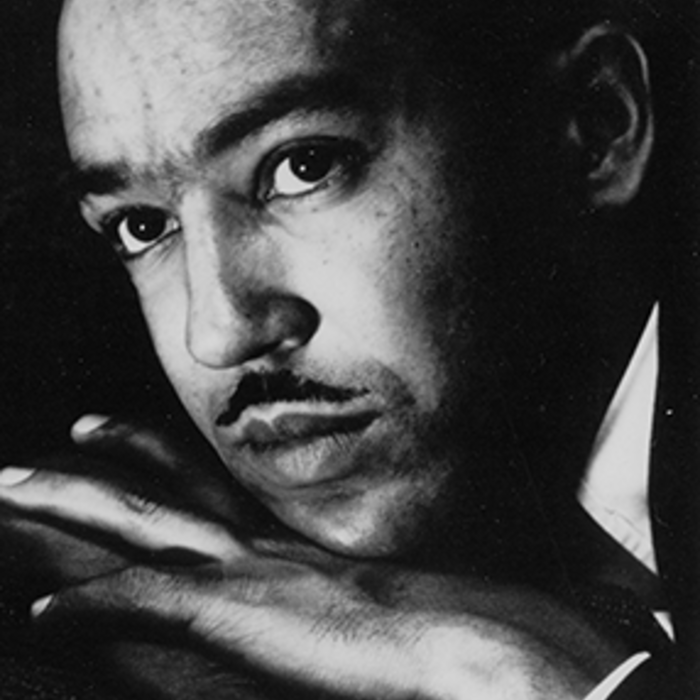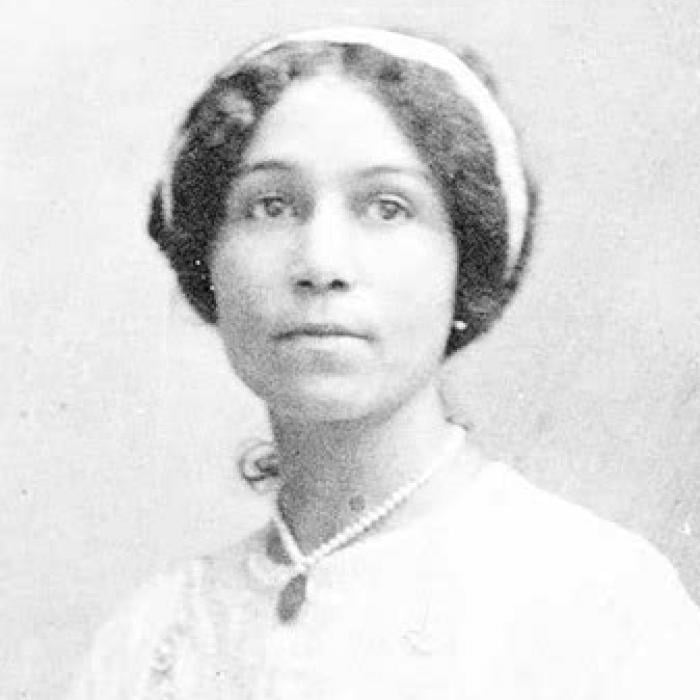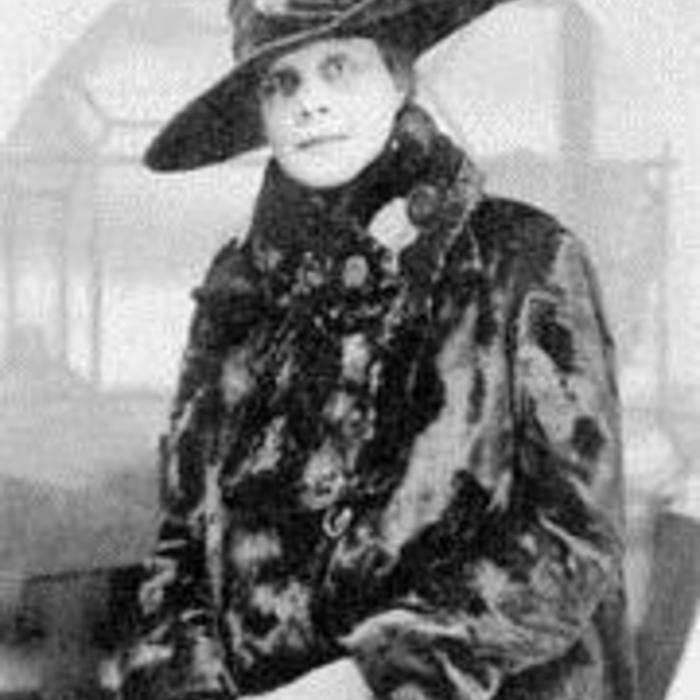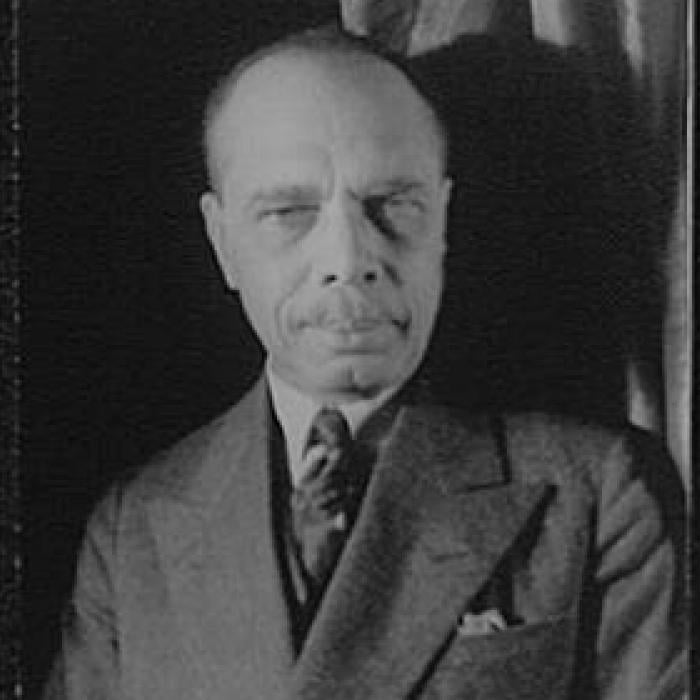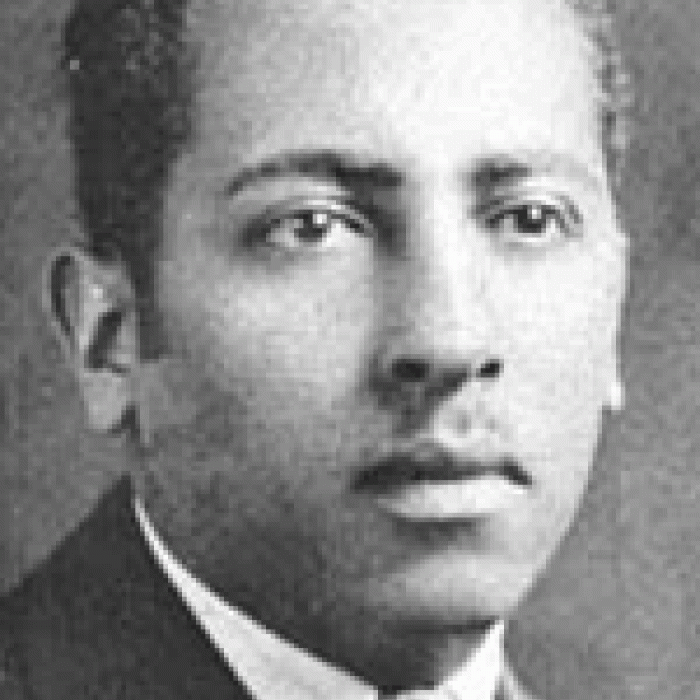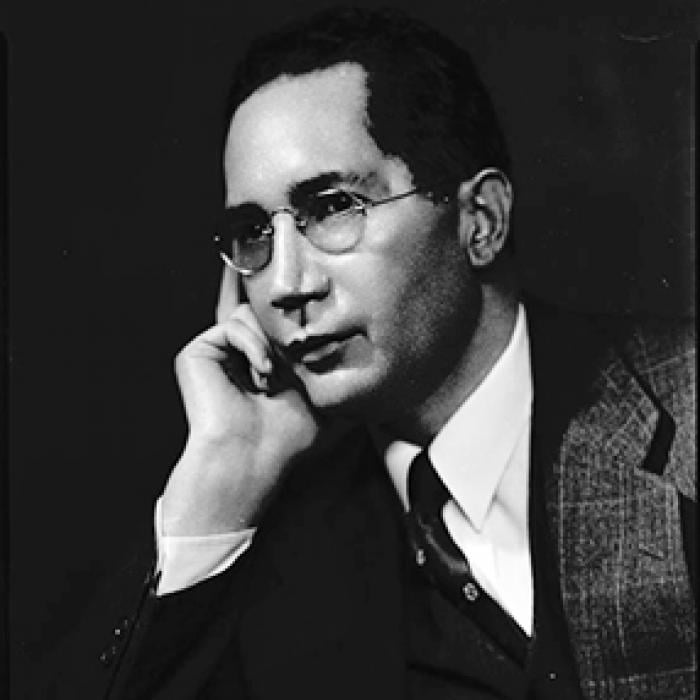Georgia Douglas Johnson
Georgia Douglas Johnson was born in Atlanta on September 10, 1880, and was raised in Rome, Georgia, and Atlanta. Johnson attended Atlanta University Normal School and studied music at the Oberlin Conservatory of Music in Ohio. She initially aspired to become a composer.
Though she never lived in Harlem, Johnson has been regarded as the foremost female poet of the Harlem Renaissance, largely through her mentorship of younger writers. Johnson often invited artists and writers to her home in Washington, D.C. to partake in what became known as the “S Street Salon” or “Saturday Nighters.” These gatherings sometimes included Langston Hughes, Jean Toomer, Anne Spencer, Jessie Redmon Fauset, Angelina Weld Grimké, and others. Johnson’s home was a destination for numerous African American writers for forty years. She even nicknamed it the “Half-Way House,” due to her provision of shelter to those occasionally in need, such as Zora Neale Hurston.
Johnson published her first poem in Crisis magazine in 1916. She then wrote the weekly column, “Homely Philosophy” from 1926–32, which appeared in various African American newspapers. Johnson published four poetry collections: Share My World (Halfway House, 1962); An Autumn Love Cycle (Harold Vinal, 1928); Bronze: A Book of Verses (B. J. Brimmer Company, 1922); and The Heart of a Woman and Other Poems (The Cornhill Company, 1918). She also wrote several plays, including Plumes (1927) and Blue Blood (1926).
Outside of her work as a writer and mentor, Johnson taught high school in Alabama and Washington, D.C. She eventually became an assistant principal. She moved permanently to Washington, D.C., with her husband, Henry Lincoln Johnson, a prominent attorney and recorder of deeds for the Taft Administration, in 1910. The couple remained in the nation’s capital for fifty years. Henry Johnson died in 1925. To support herself, Johnson took a series of odd jobs and eventually assumed a low-wage post in the Department of Labor. After losing her job at the Department of Labor in 1934, Johnson shifted to clerical work and continued to write. She was awarded an honorary doctorate by Atlanta University in 1965.
Johnson died in 1966.

